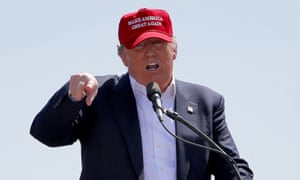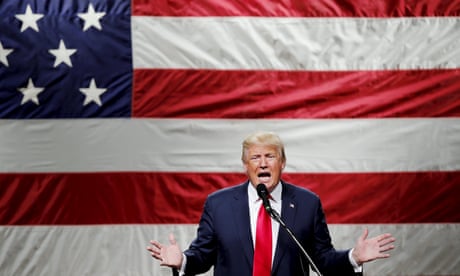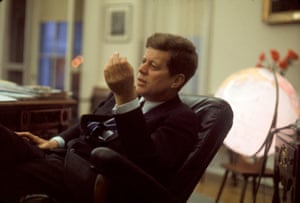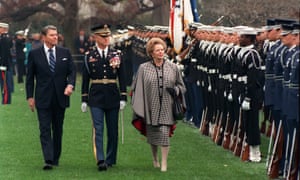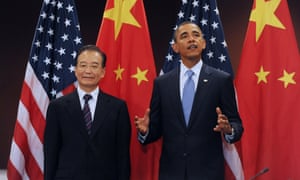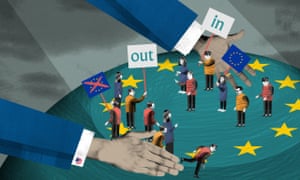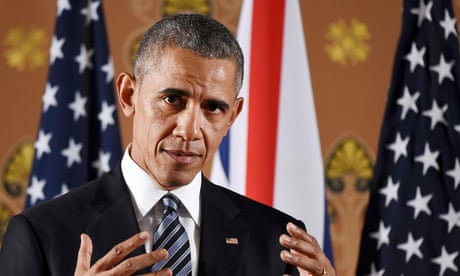As I write, president-elect Donald Trump – soon to become the most powerful individual on Earth – is having a tantrum on his Twitter feed. Losing the popular vote can have devastating consequences for a bigoted plutocrat’s ego, and accusations that Vladimir Putin’s regime intervened to his advantage are getting him down. “The ‘intelligence’ briefing on so-called ‘Russian hacking’ was delayed until Friday,” he claims (falsely, apparently), “perhaps more time needed to build a case. Very strange!”
Did Putin intervene in the US election? It is entirely plausible, although evidence from the CIA (with its dubious record) and the FBI needs to be carefully scrutinised, whatever our feelings on Trump. And if the Democratic establishment pin the supposedly unthinkable calamity of Trump’s triumph on a foreign power, they will fail to learn the real lessons behind their defeat.
That doesn’t mean alleged interference by the Russian regime shouldn’t be taken seriously. Putin heads a hard-right, kleptocratic, authoritarian government that persecutes LGBT people, waged a murderous war in Chechnya, and has committed terrible crimes in Syria in alliance with Bashar al-Assad’s dictatorship. It is a pin-up for populist rightwingers across the west, from Trump to Ukip, from France’s Front National to Austria’s Freedom party. Its undemocratic manoeuvres should be scrutinised and condemned.
But while Americans feel justifiably angry at alleged interference with their political process, they have also been handed a mirror, and the reflection should disturb them.
For the US is a world leader in the field of intervening in the internal affairs of other countries. The alleged interference is far more extensive than hacking into emails belonging to unfavoured political parties. According to research by political scientist Dov Levin, the US and the USSR/Russia together intervened no less than 117 times in foreign elections between 1946 and 2000, or “one out of every nine competitive, national-level executive elections”.
Indeed, one cannot understand US-Russian relations today without acknowledging America’s role in the internal affairs of its defeated cold war foe. As Stephen Cohen puts it, after the collapse of the Soviet Union, the approach of US advisers “was nothing less than missionary – a virtual crusade to transform post-communist Russia into some facsimile of the American democratic and capitalist system”.
As soon as Bill Clinton assumed the White House in 1993, his experts discussed “formulating a policy of American tutelage”, including unabashed partisan support for President Boris Yeltsin. “Political missionaries and evangelists, usually called ‘advisers’, spread across Russia in the early and mid-1990s,” notes Cohen: many were funded by the US government. Zbigniew Brzezinski, the former national security adviser, talked of Russia “increasingly passing into de facto western receivership”.
The results were, to put it mildly, disastrous. Between 1990 and 1994, life expectancy for Russian men and women fell from 64 and 74 years respectively to 58 and 71 years. The surge in mortality was “beyond the peacetime experience of industrialised countries”. While it was boom time for the new oligarchs, poverty and unemployment surged; prices were hiked dramatically; communities were devastated by deindustrialisation; and social protections were stripped away.
To the horror of the west, Yeltsin’s popularity nosedived to the point where a communist triumph in the 1996 presidential elections could not be ruled out. Yeltsin turned to the oligarchs, using their vast resources to run an unscrupulous campaign. As Leonid Bershidsky puts it, it was “a momentous event that undermined a fragile democracy and led to the emergence of Vladimir Putin’s dictatorial regime”. It is even alleged that, in 2011, Putin’s key ally – then-president Dmitry Medvedev – privately suggested the election was rigged. In the run-up to the election, Russia was granted a huge US-backed IMF loan that – as the New York Times noted at the time – was “expected to be helpful to President Boris N Yeltsin in the presidential election”.
Yeltsin relied on US political strategists – including former aides to Bill Clinton – who had a direct line back to the White House. When Yeltsin eventually won, the cover of Time magazine was “Yanks to the rescue: The secret story of how American advisers helped Yeltsin win”.
Without the chaos and deprivations of the US-backed Yeltsin era, Putinism would surely not have established itself. But it’s not just Russia by any means, for the record of US intervention in the internal affairs of foreign democracies is extensive.
Take Italy in 1948: as the cold war unfolded, the US feared that a socialist-communist coalition would triumph in Italian elections. It barred Italians who “did not believe in the ideology of the United States” from even entering the country; funded opposing parties via the CIA; orchestrated a massive propaganda campaign, including millions of letters from Americans of Italian origin; and made it quite clear, via the State Department, that there was “no further question of assistance from the United States” if the wrong people won. Its efforts were a success. This was the first of many Italian elections featuring US interference.
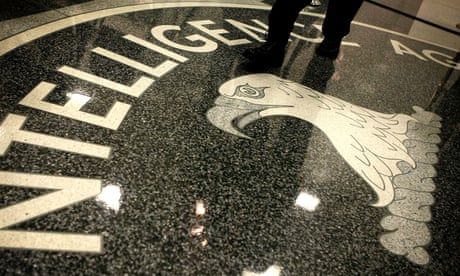
CIA concludes Russia interfered to help Trump win election, say reports
Take the CIA’s self-professed involvement in the military coup that overthrew democratically elected secular Iranian president Mohammad Mosaddeq in 1953: it was “carried out under CIA direction as an act of US foreign policy, conceived and approved at the highest levels of government”, as the agency later confessed. The nature of the 1979 Iranian revolution cannot be understood without it. Or what of CIA backing for Augusto Pinochet’s murderous overthrow of Salvador Allende in Chile in 1973?
There are more recent examples too. Take the military overthrow of Honduras’ Manuel Zelaya in 2009. The then secretary of state – a certain Hillary Clinton – refused to describe the toppling of Zelaya as a “military coup”, which would have required the suspension of US aid, including to the armed forces. Rather than call for Zelaya’s reinstatement, Clinton called for new elections. US assistance – including military aid – continued as dissidents were treated brutally; as death squads re-emerged; as violence against LGBT people surged; and as widely boycotted unfair elections took place.
Allegations of Russian interference in the US elections are undoubtedly alarming, but there’s a double standard at play. Meddling in foreign democracies only becomes a problem when the US is on the receiving end. The US has interfered with impunity in the internal affairs of so many other countries. The day that all such interference is seen for what it is – a democratic outrage, unworthy of any great nation – will be a great day indeed.
